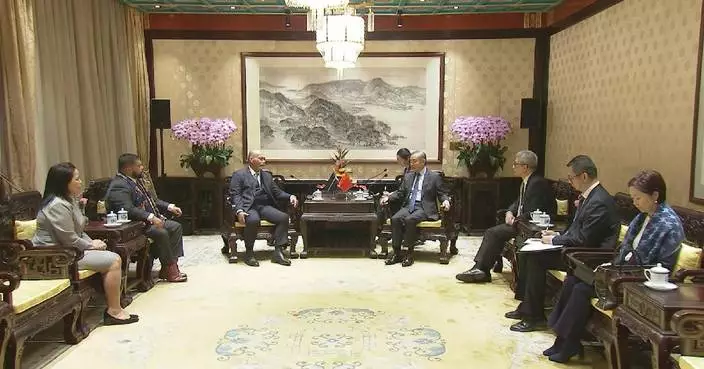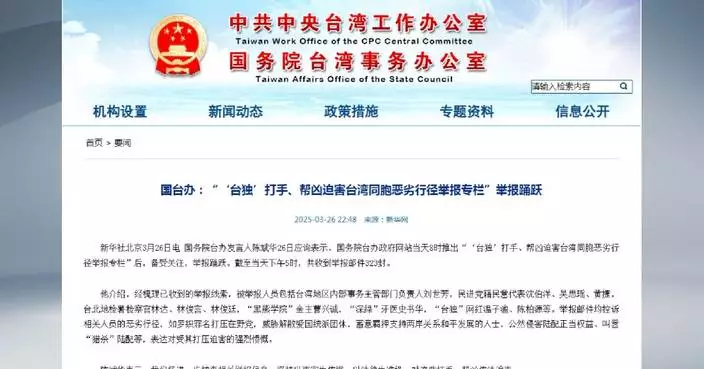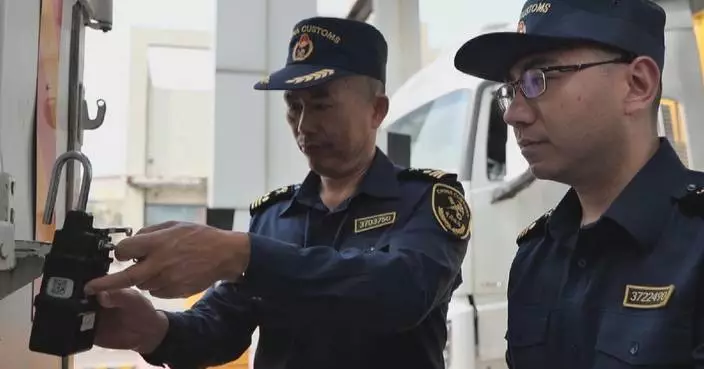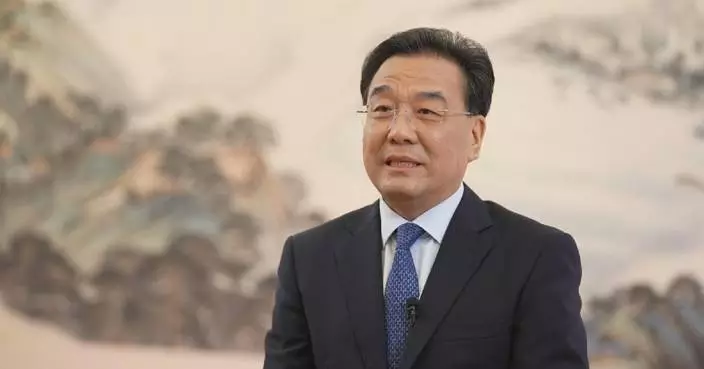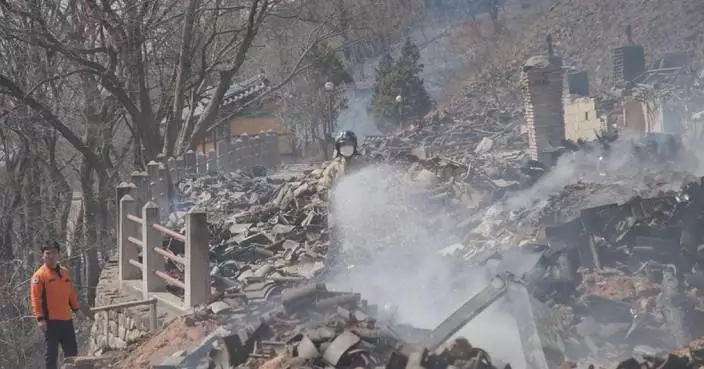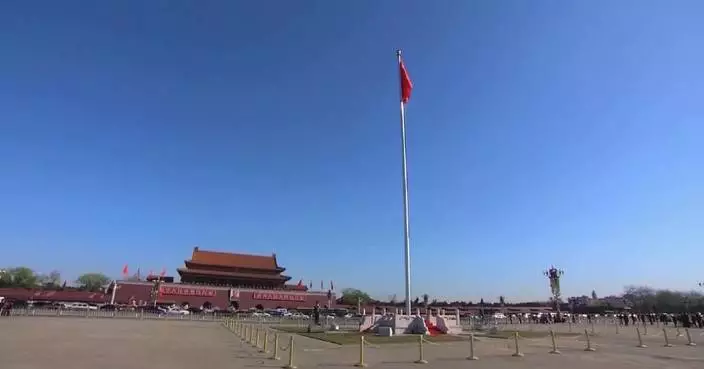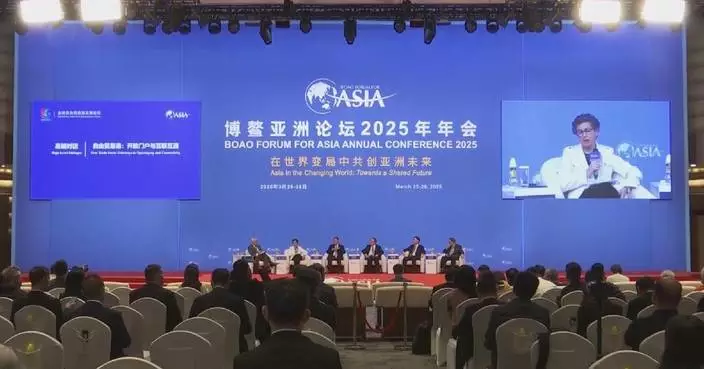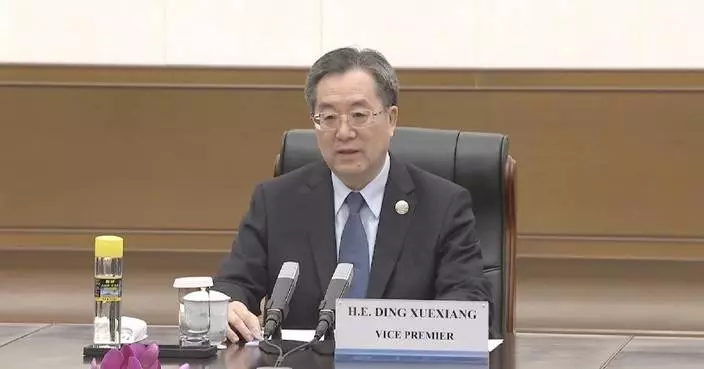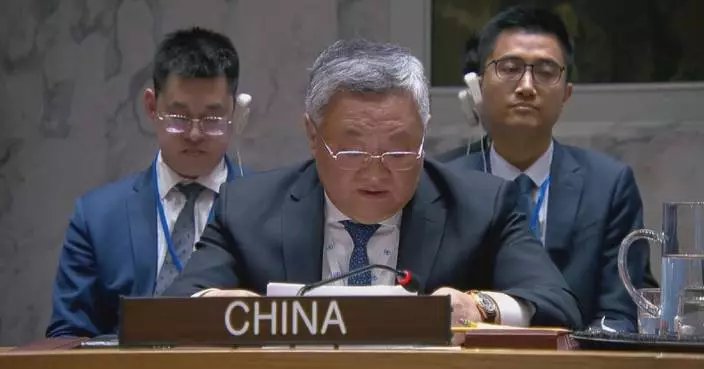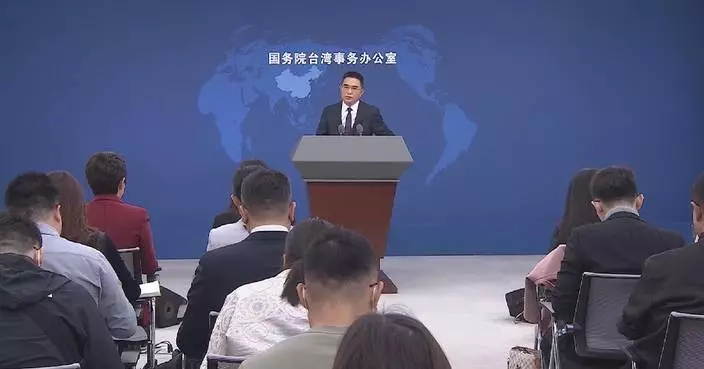Northeast China's Liaoning Province has been hit hard by torrential rains over the past few days, causing widespread flooding and disruptions across the region, forcing the Ministry of Water Resources to activate a level IV emergency response and deploy additional teams to help manage the crisis.
From Sunday night to Tuesday morning, the western parts of the province, including Jianchang County, were particularly affected, with some areas experiencing extraordinarily heavy rainfall and temporary communication outages.
Dalian's Pulandian District saw over 220 millimeters of rain from Monday morning to Tuesday noon, resulting in serious flooding in low-lying areas. Local authorities are working around the clock to control the water levels and minimize damage.
Local shop owners have taken active measures to protect their business from flooding by placing sandbags at the entrances of shops. But still, a few areas were heavily affected.
Heavy rainfall also trapped more than 30 residents in Pulandian, who were later safely transfered by rescuers.
Liaoning's Chaoyang City experienced its most intense rain of the season, with some areas recording over 240 millimeters.
Inner Mongolia's Aohan Banner issued a red alert (the highest in the four-tier alert) for torrential rains, as rain exceeded 100 millimeters in just three hours.
Jiangsu Province's Yangzhou recorded 236.9 millimeters of rain in 24 hours till Tuesday afternoon, leading to severe urban flooding. The local government has initiated emergency measures to tackle the situation.
In Fujian Tulou Nanjing Scenic area in Fujian Province's Zhangzhou, Typhoon Jongdari brought flash floods and led to the temporary closure of popular tourist sites.
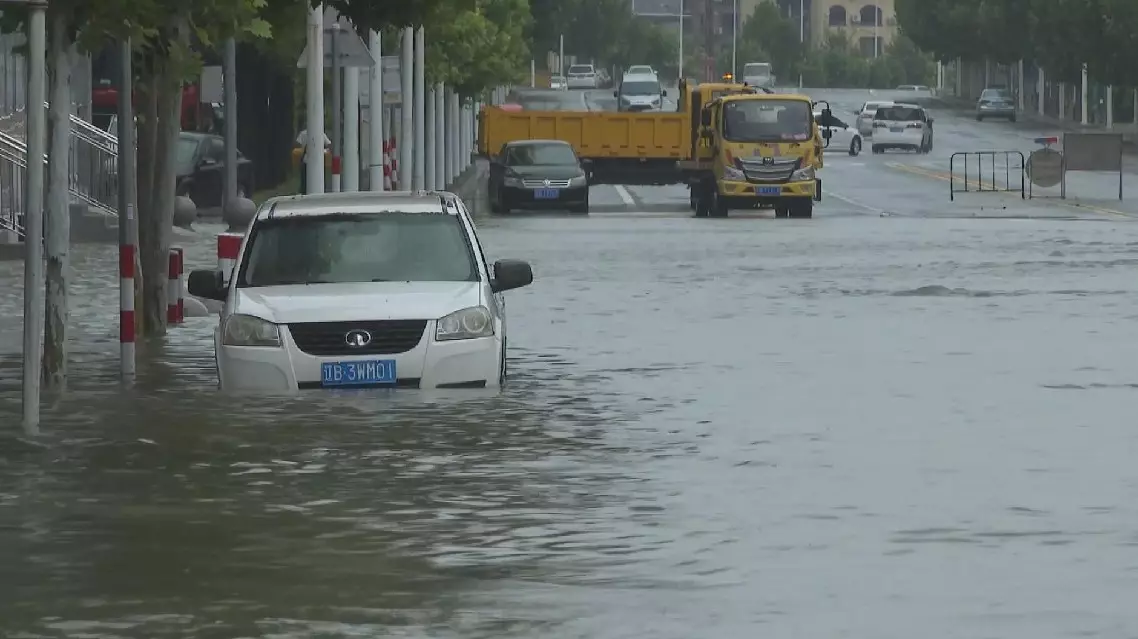
Liaoning Province launches emergency response to rain-triggered severe flooding
It's impossible to build a system of governance that ensures artificial intelligence (AI) systems always operate and police themselves in alignment with both human and machine well-being without the participation of China, American columnist Thomas L. Friedman said in an article on Tuesday.
Friedman, a three-time Pulitzer Prize winner and the author of "The World Is Flat: A Brief History of the Twenty-First Century," attended the China Development Forum 2025 held on March 23 and 24 in Beijing.
Based on what he saw and heard during the event, Friedman published an article in the New York Times titled "What I'm Hearing in China This Week About Our Shared Future" on Tuesday.
"There is an earthshaking event coming — the birth of artificial general intelligence (AGI). The United States and China are the two superpowers closing in on AGI — systems that will be as smart or smarter than the smartest human and able to learn and act on their own," the article reads.
Friedman cited an M.I.T. Technology Review report on the "16 humanoid robots" that danced on stage during China's televised Spring Festival gala this year which read: "Clad in vibrant floral print jackets, they took part in a signature ... dance, twirling red handkerchiefs in unison with human dancers."
Friedman wrote in his column that "In their day job, these robots work assembling electric vehicles. Dancing was just their hobby."
"The advances that China has made on AI in just the past year have made it absolutely clear that Beijing and Washington are now the world's two AI superpowers," Friedman wrote.
He mentioned a recent report by Morgan Stanley describing China's dominance over the West in the humanoid robot industry, saying the country is home to a majority of the top-listed companies in this sector.
Noting AI systems and humanoid robots offer so much potential benefit to humanity, Friedman warned they could also be hugely destructive and destabilizing if not embedded with the right values and controls.
He repeatedly stressed the importance of collaboration between the U.S. and China in AI.
"Because what Soviet-American nuclear arms control was to world stability since the 1970s, U.S.-Chinese AI collaboration to make sure we effectively control these rapidly advancing AI systems will be for the stability of tomorrow's world," Friedman wrote.
"China has greatly narrowed the gap with us and surpassed the other democracies. This can't be done without Beijing. So guess who's coming to dinner. It's a table for two now," he said.
Friedman wrote in the article that "Once AGI arrives, if we are not assured that these systems will be embedded with common trust standards, the United States and China will not be able to do anything together."
He pointed out that in this case, neither side will trust anything they trade with the other, because AI will be in everything that is digital and connected, including cars, watches, toasters, chairs, implants, and notepads.
"So if there is no trust between the U.S. and China and each of the two countries has their own AI systems, it will be the TikTok problem on steroids. A lot of trade will just grind to a halt, with only soybeans for soy sauce sold to each other," Friedman wrote, saying "It will be a world of high-tech feudalism."
Friedman said he was taken with a speech by Israeli historian Yuval Noah Harari during the conference, who said that "We should build more trust between humans before we develop truly superintelligent AI agents. But we are now doing exactly the opposite. All over the world, trust between humans is collapsing. Too many countries think that to be strong is to trust no one and be completely separated from others. If we forget our shared human legacies and lose trust with everyone outside us, that will leave us easy prey for an out-of-control AI."
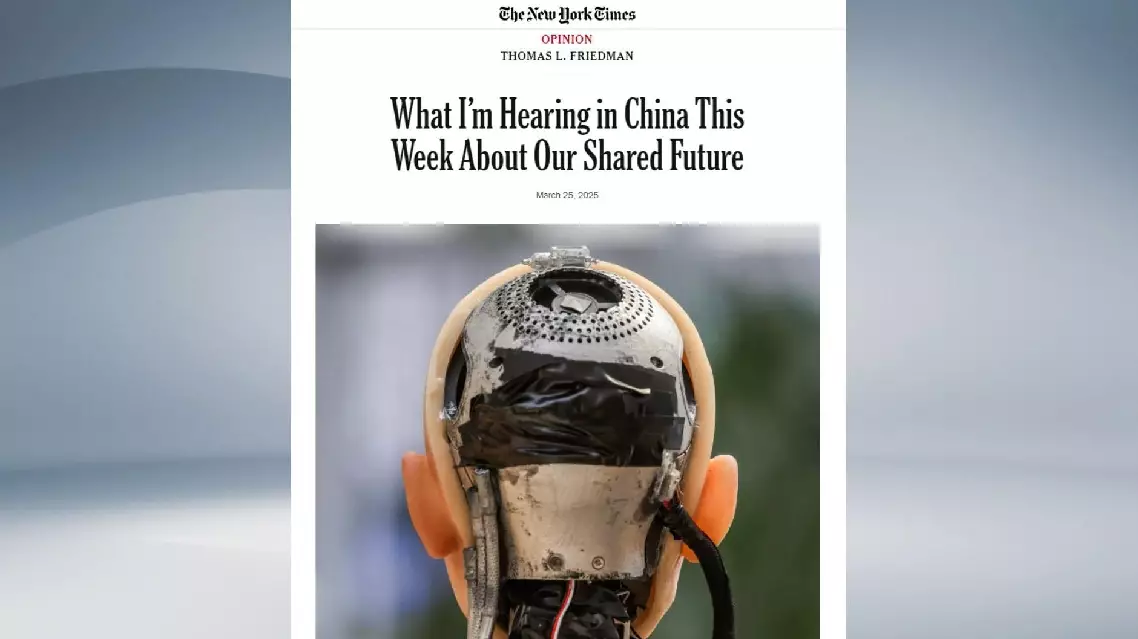
Global AI governance cannot happen without China: American columnist





